45 Mexican Braids Ideas That Are Simply Ethereal
Mexican braids, known for their elaborate patterns and vibrant hues, are far more than just hairstyles—they are a profound representation of Mexican cultural heritage. These braids have been crafted and cherished through generations, embodying both artistic expression and deep-rooted traditions. From the ancient civilizations of Mexico to contemporary fashion, Mexican braids have undergone a fascinating evolution while retaining their cultural significance.
Historical Background and Cultural Meaning
The tradition of braiding hair in Mexico dates back to ancient times, where it was intricately linked with societal roles and cultural symbolism. Civilizations such as the Aztecs, Maya, and Zapotecs employed elaborate braiding techniques to signify various aspects of identity and status. For instance, the complexity and style of a braid could denote one’s social standing, marital status, or even profession within these ancient societies.
In the indigenous communities of Mexico, braids have historically served not only as a means of beautification but also as a form of spiritual and cultural expression. The adornments used in braids, such as beads, feathers, and colored threads, were believed to carry protective and auspicious properties, enhancing the wearer’s well-being and connection to their heritage.
Distinct Styles of Mexican Braids
Mexican braids are diverse, each with its unique flair and cultural resonance. Here are some prominent styles:
Classic Mexican Braid (Trenza Mexicana): This traditional braid involves intertwining three sections of hair in a straightforward yet elegant pattern. Often embellished with colorful ribbons or threads, this braid mirrors the vibrant aesthetic of Mexican textiles and crafts.
Cornrow Braids (Trenza en Cornrows): While cornrows have their origins in African cultures, they have also been embraced and adapted within Mexican traditions. This style features tight, parallel braids that run close to the scalp, often paired with other braiding techniques to create textured looks.
Fishtail Braid (Trenza de Pez): Known for its intricate and delicate appearance, the fishtail braid involves dividing the hair into two main sections and crossing small pieces over each other. This braid is often adorned with decorative elements such as flowers or beads, making it a popular choice for special occasions.
Ladder Braid (Trenza de Escalera): The ladder braid stands out due to its complex, ladder-like design. This braid is created by weaving small loops of hair through each other, resulting in a striking and elaborate hairstyle that requires considerable skill and precision.
Contemporary Trends and Adaptations
In recent years, Mexican braids have seen a resurgence in global fashion and beauty trends. The increased appreciation for Mexican and Latin American culture has led to a renewed interest in these traditional hairstyles. Designers and hairstylists worldwide have integrated elements of Mexican braiding into modern fashion, blending traditional techniques with contemporary styles.
High-fashion runways frequently feature Mexican braids, showcasing their adaptability and timeless beauty. The blend of traditional braiding techniques with modern aesthetics has brought Mexican braids to the forefront of fashion, highlighting their relevance in today’s style landscape.
Preservation and Cultural Revival
The growing interest in Mexican braids has sparked efforts to preserve and revitalize these traditional techniques. Various cultural organizations and artisans are dedicated to keeping the art of Mexican braiding alive. Through workshops, educational programs, and community initiatives, they are passing on these skills to younger generations and sharing them with a broader audience.
These preservation efforts are essential for maintaining the cultural richness of Mexican braids. By teaching and celebrating these traditions, we ensure that they continue to be a vibrant and meaningful part of Mexican heritage, bridging the past with the present.
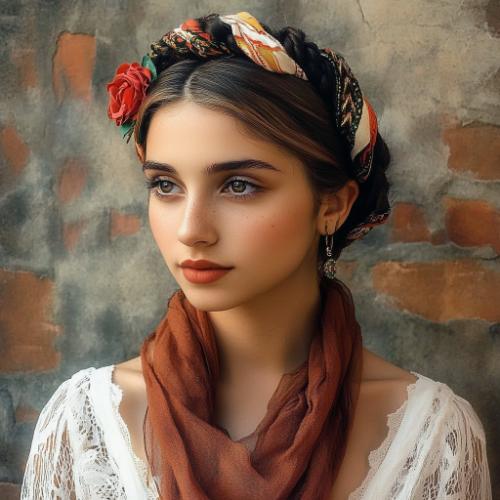
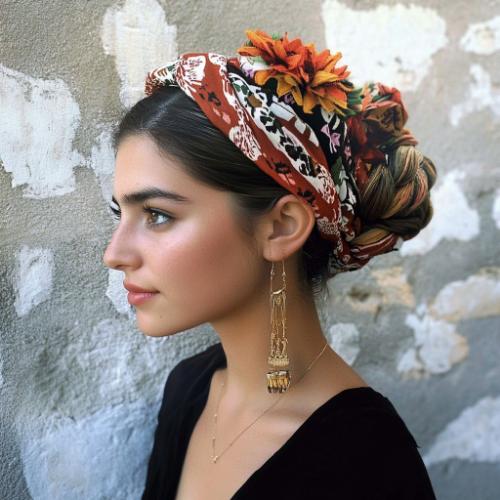
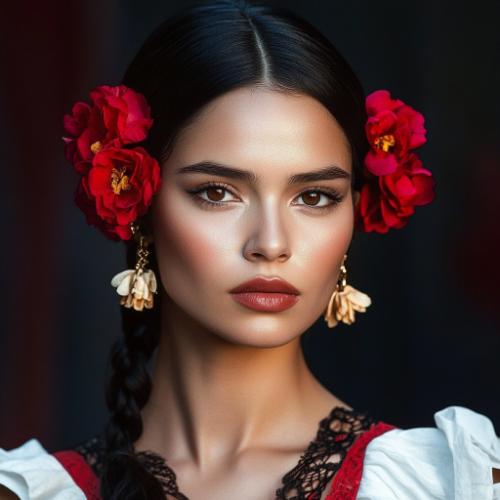
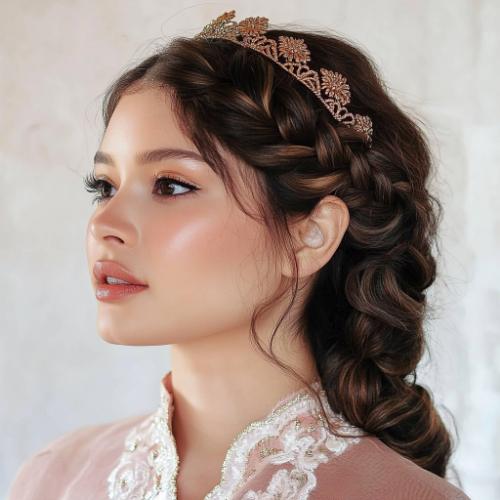
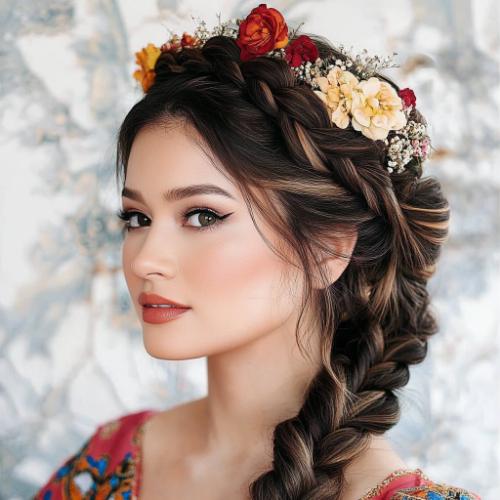
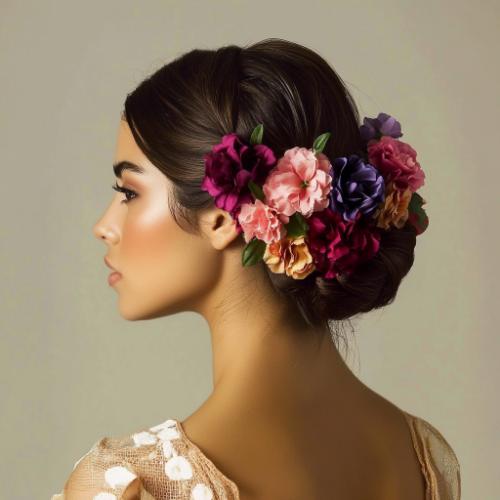
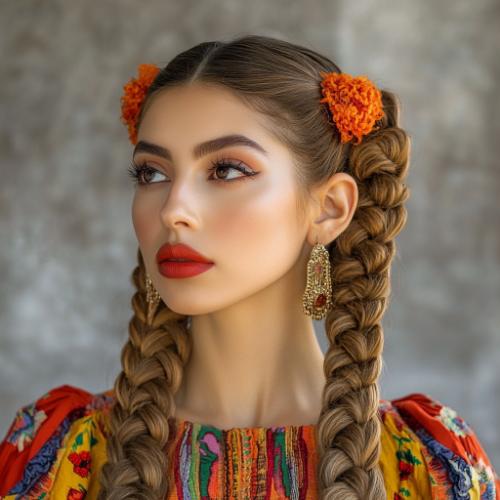
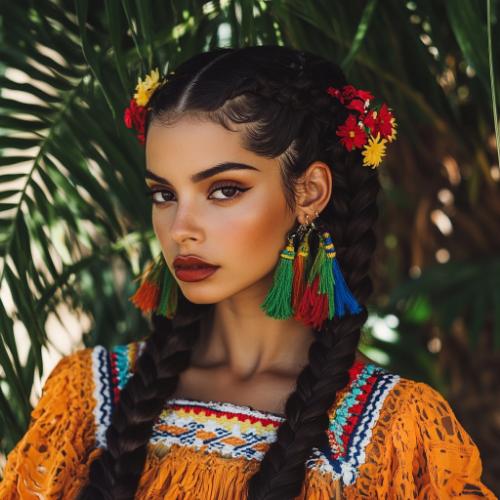
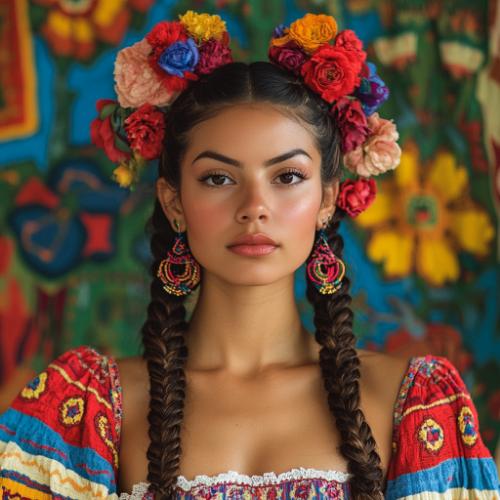
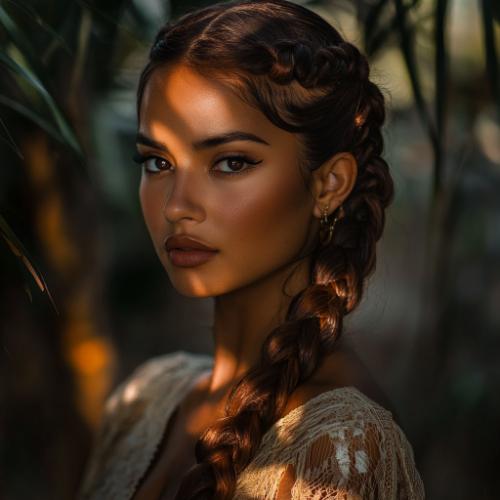
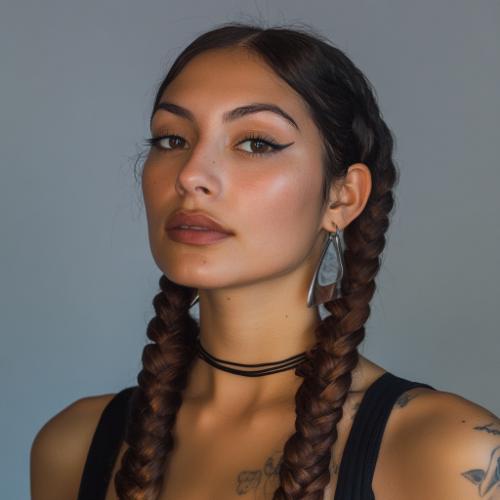
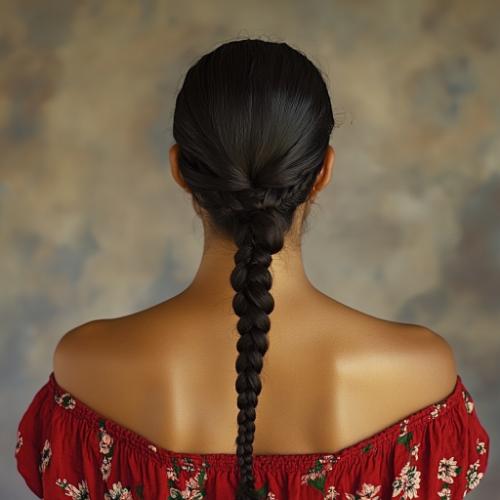
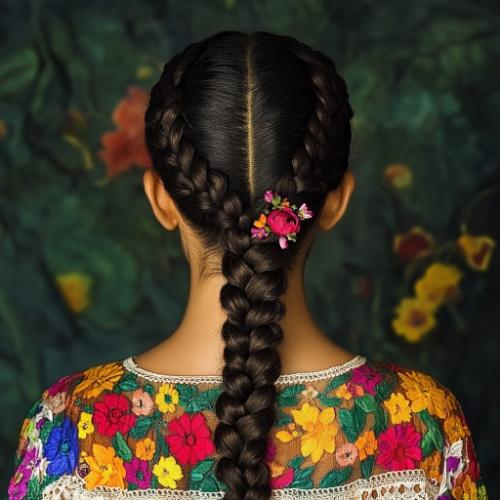
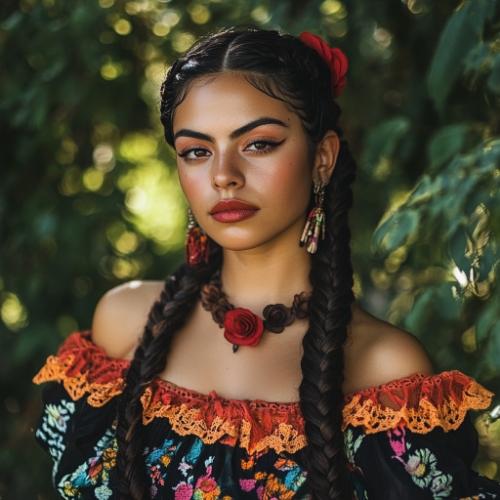
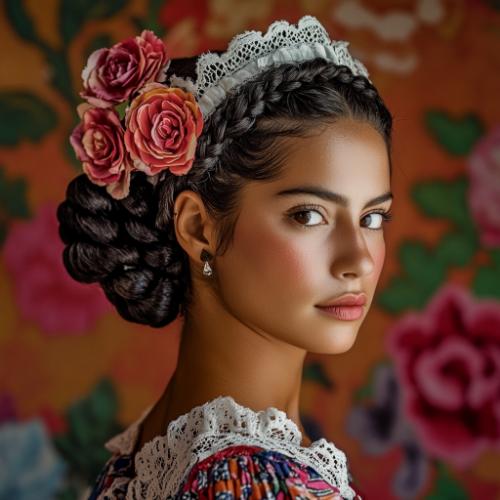
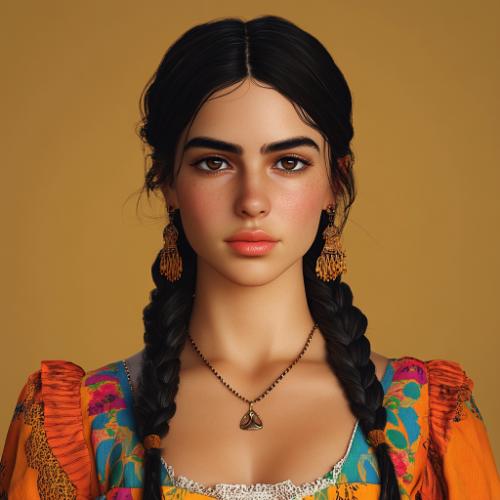
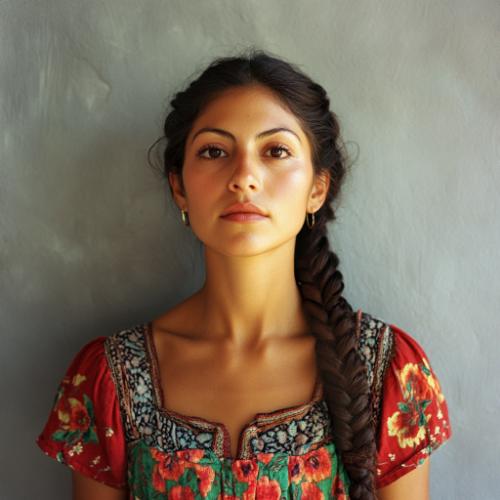
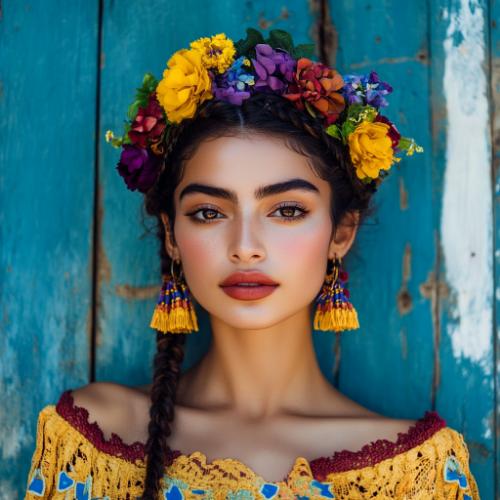
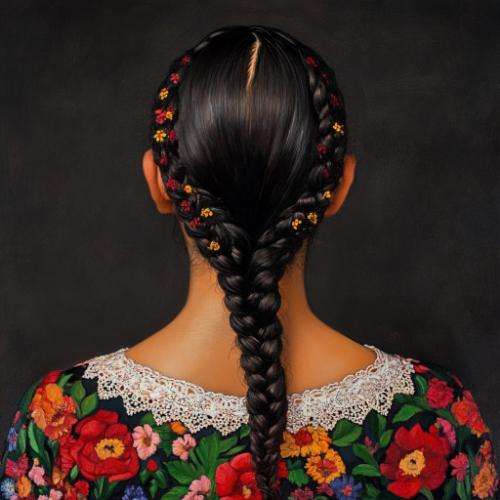
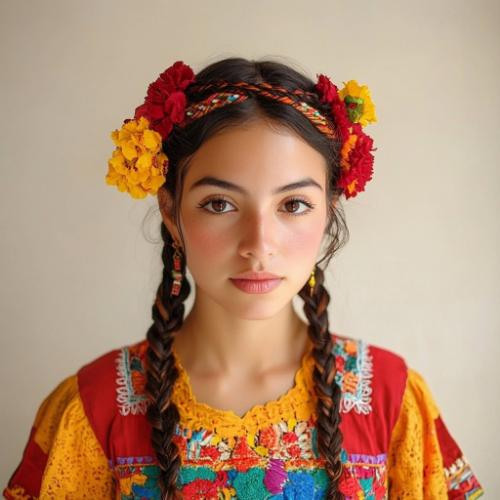
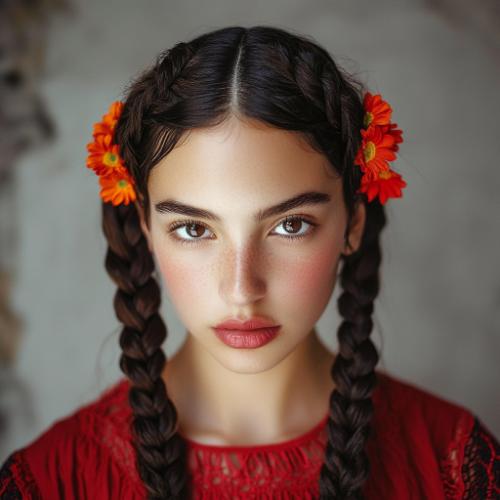
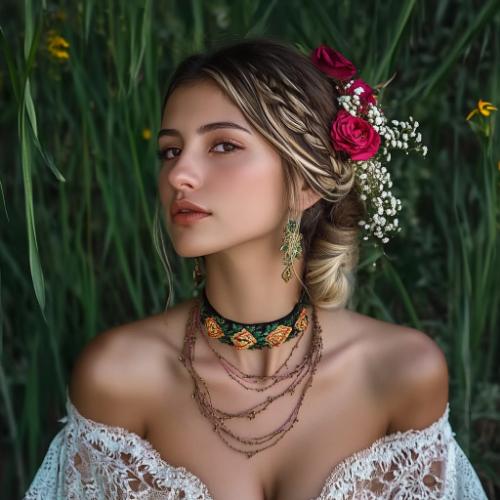
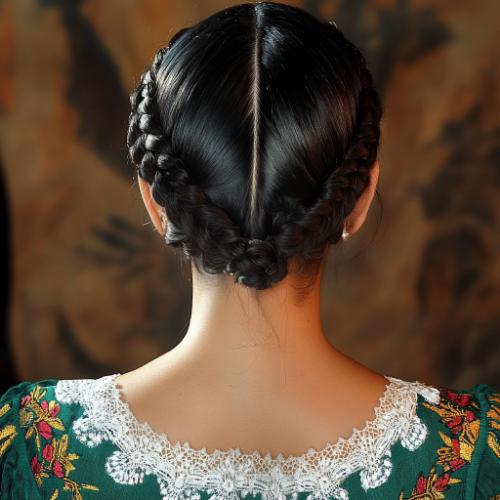
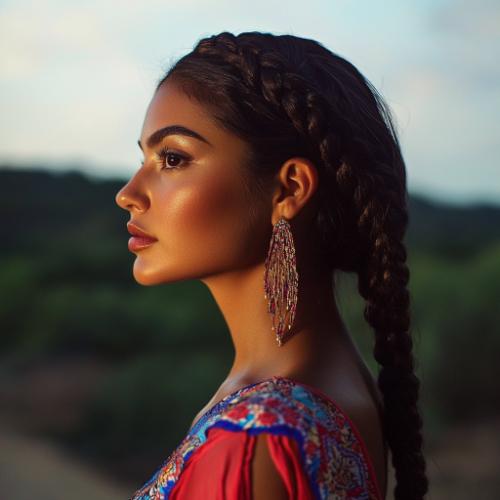
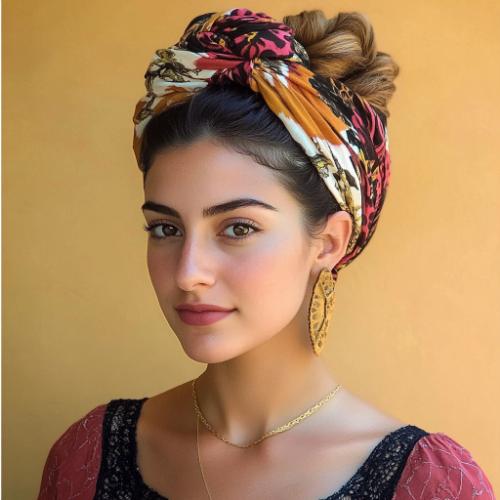
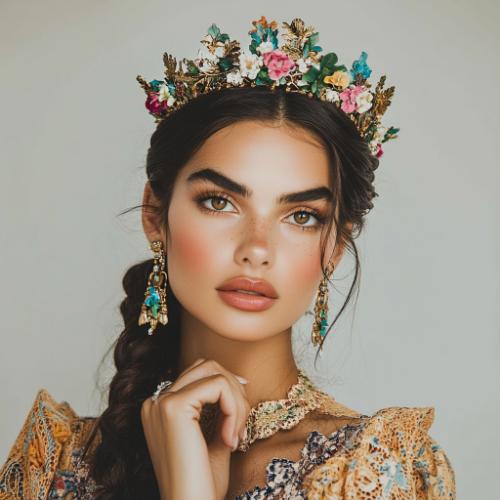
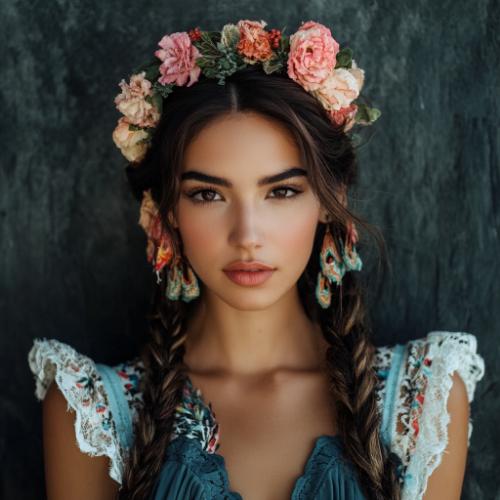
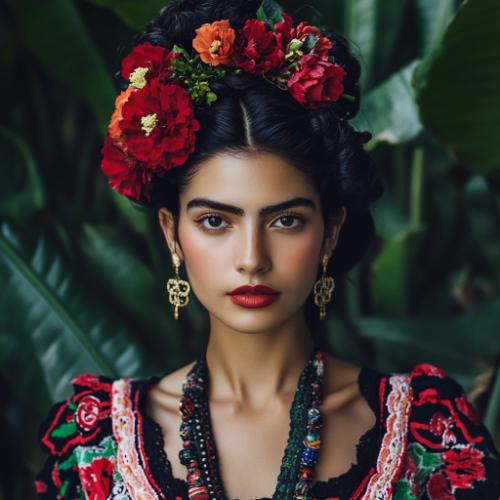
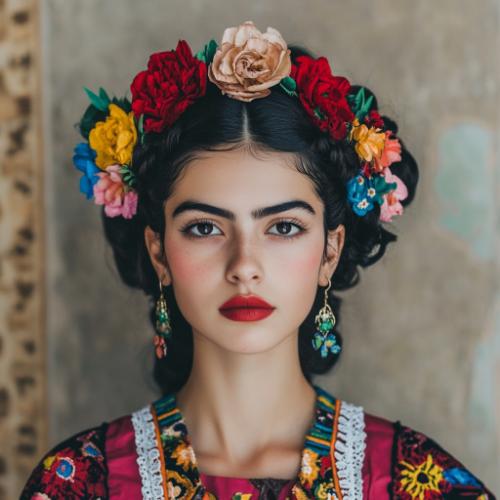
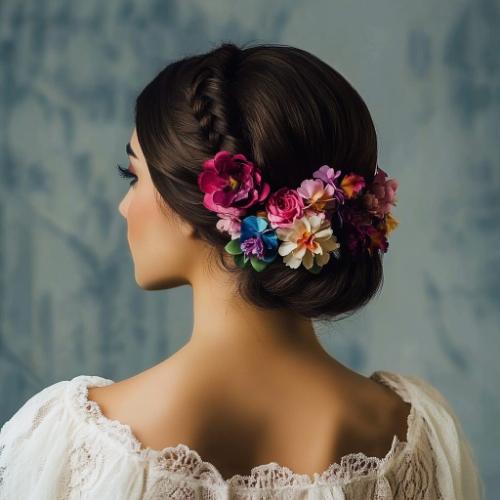
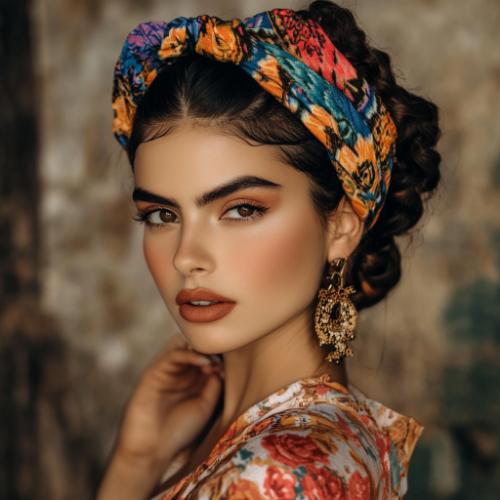
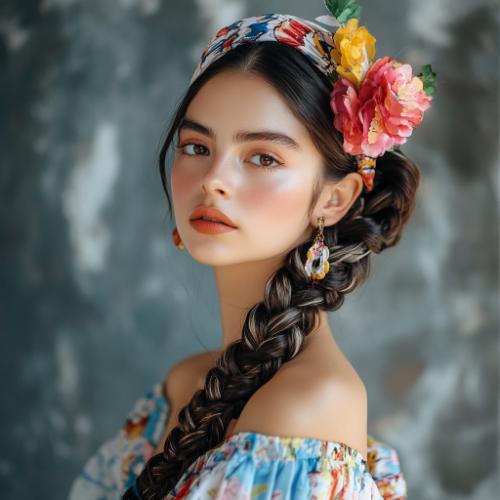
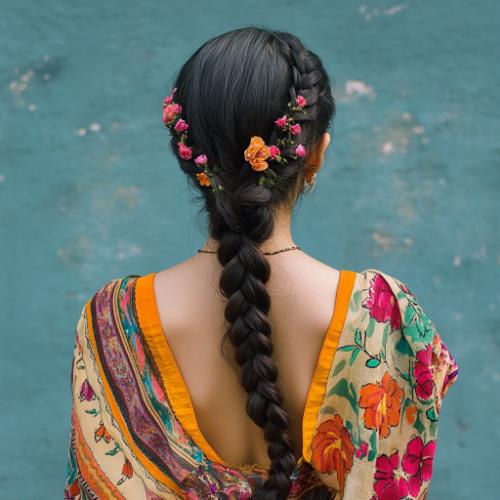
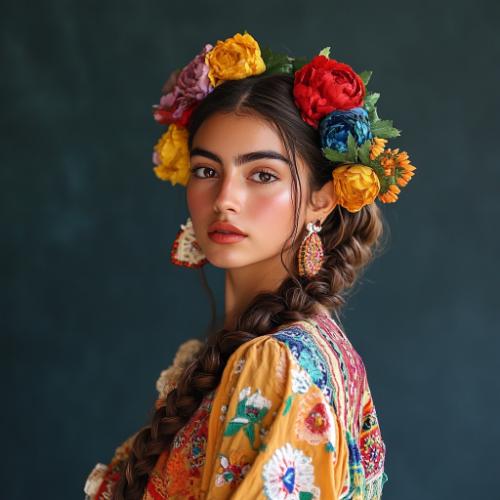
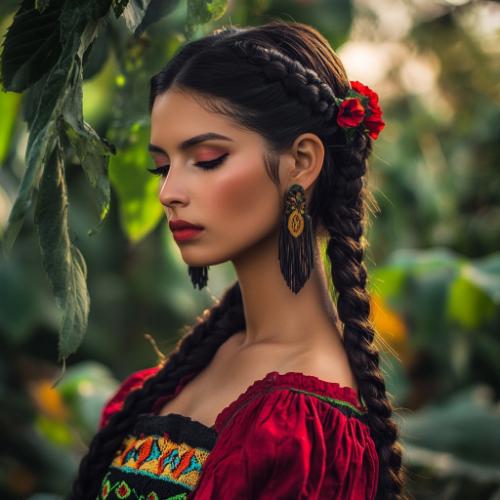
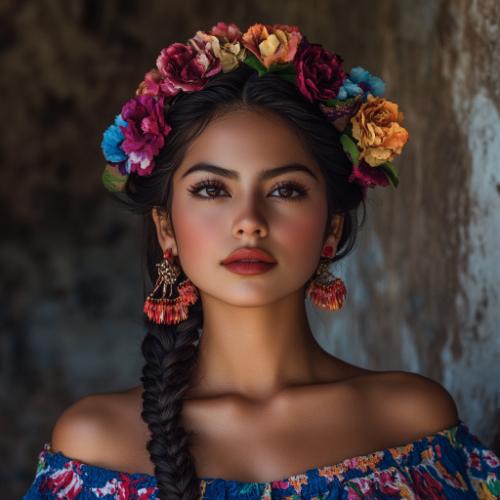
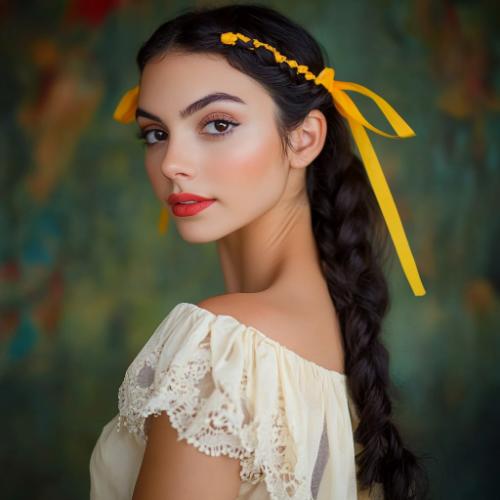
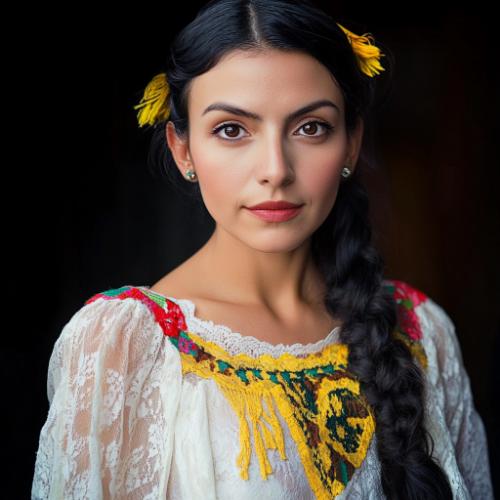
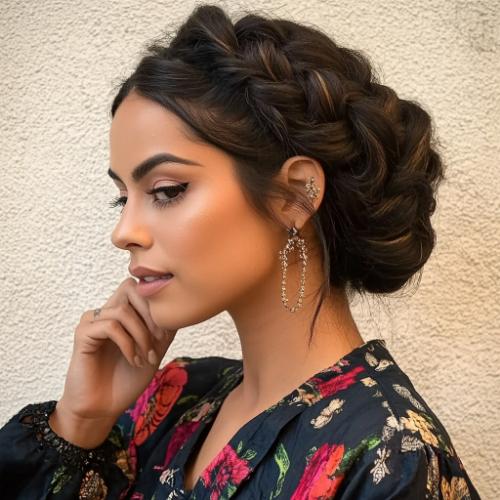
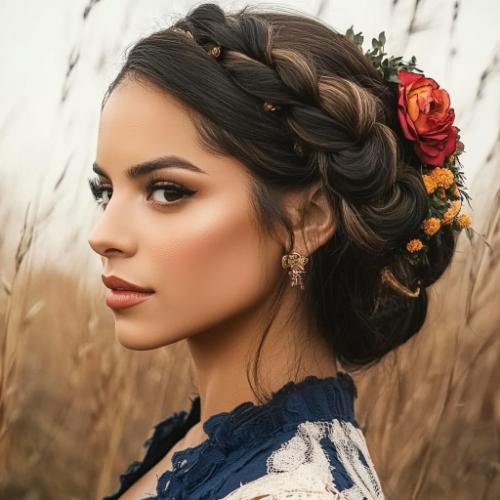
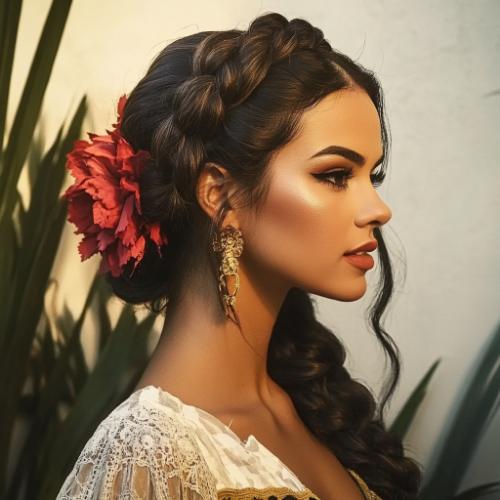
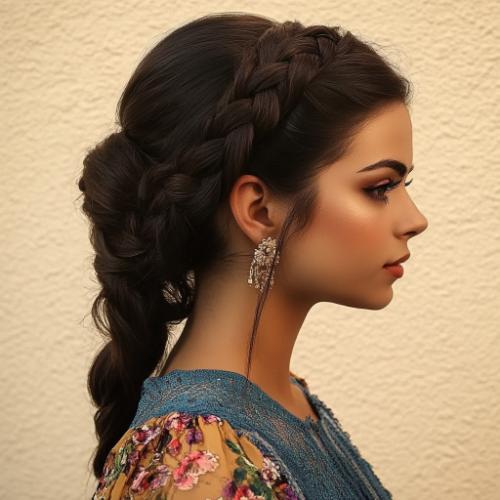
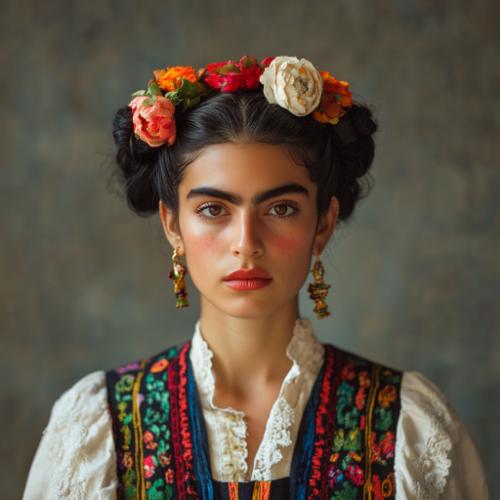
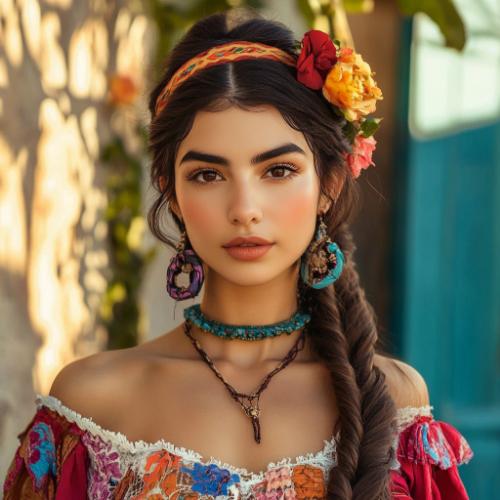
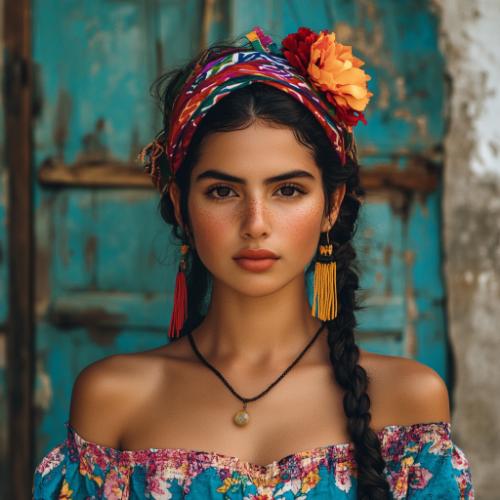
Frequently Asked Questions
– What types of hair are suitable for Mexican braids?
Mexican braids can be styled on various hair types, including straight, wavy, and curly textures. Ensure that your hair is long enough to achieve the desired braid style for the best results.
– How much time does it take to create Mexican braids?
The time needed for Mexican braids depends on the intricacy of the braid and your experience. Basic braids generally take about 15 to 30 minutes, while more detailed and elaborate designs can take up to an hour or more.
– Can Mexican braids harm my hair?
When performed correctly, Mexican braids are a protective style that can help reduce hair damage by minimizing manipulation and friction. However, if braids are too tight or handled roughly, it can lead to breakage, so it’s important to braid gently.
– What are some tips for adding volume to Mexican braids?
To boost the volume of your Mexican braids, you can tease your hair at the roots before braiding or use volumizing products like mousse or dry shampoo. Additionally, gently pulling on the braid can help create a fuller, more textured appearance.
– Are Mexican braids appropriate for all ages?
Mexican braids are a versatile and inclusive hairstyle suitable for individuals of any age, from young children to adults. Their adaptability makes them a great choice for adding a cultural touch to any look, regardless of age.
Mexican braids are a vivid tapestry of cultural heritage, artistry, and tradition. Their evolution from ancient symbols of social status to contemporary fashion statements reflects their enduring significance. As we embrace and celebrate the art of Mexican braiding, we honor the rich cultural legacy that these braids represent. Through continued appreciation and education, the tradition of Mexican braids will remain a cherished and dynamic part of both local and global cultural landscapes.
